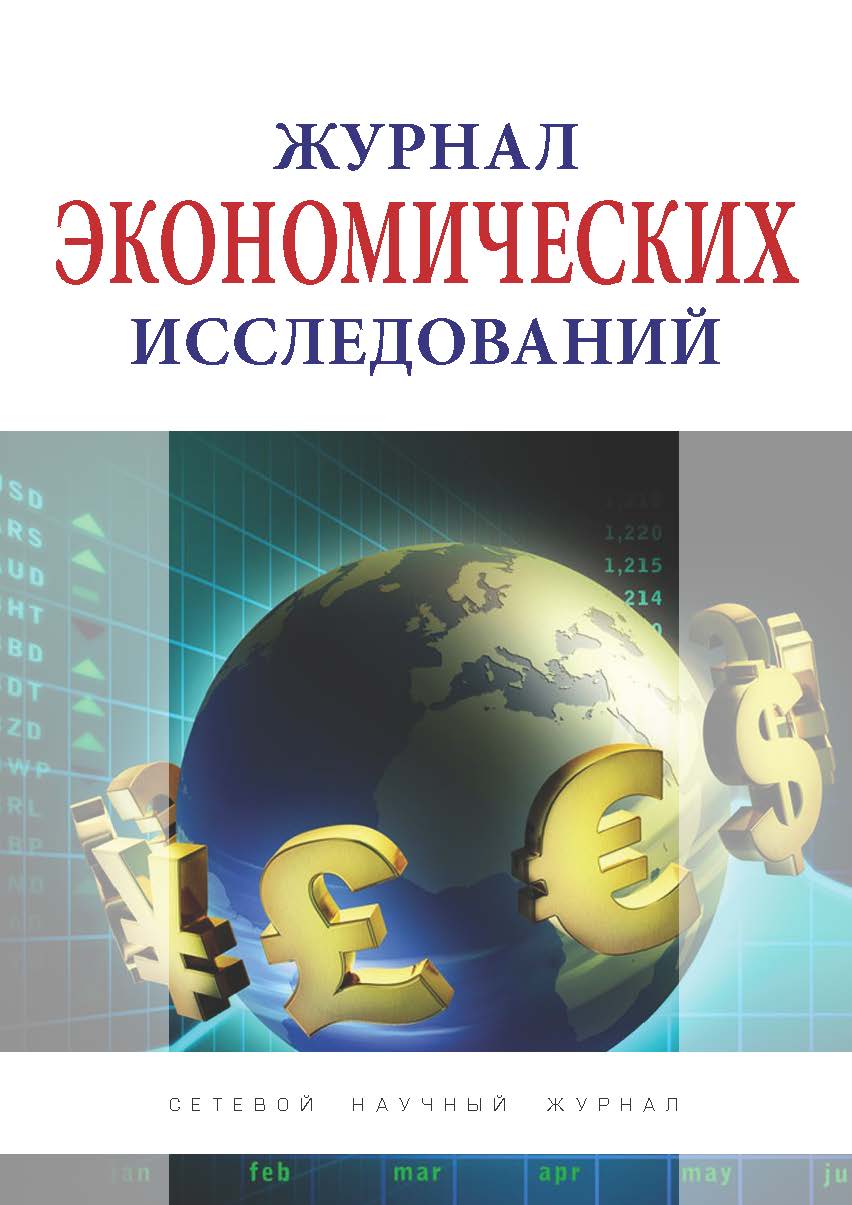Moscow State University. M.V. Lomonosov (Department of Socio-Cultural Design and Development of Territories, professor)
Moskva, Moscow, Russian Federation
Samara, Samara, Russian Federation
In modern conditions, the search for effective approaches in management continues, due to the natural change of technological structures, in which the economy changes under the influence of a combination of many factors of a cyclical nature. The need for such a reason is indicated even by the very name of the management concept that dominates in the 2020s - the Concept of a combinatorial approach to management, which means that along with the approaches to management that have proven themselves well within the framework of the V-th technological structure, the search for promising approaches to management adequate to the VI-th technological structure continues. In these conditions, the search for promising approaches to the conceptual development of management is an urgent scientific task, which predetermined the choice of the research topic. The purpose of the presented work is to study the possibilities of using the potential of B. Heim's Unified Theory to develop a quantum-information system for managing an organization. The scientific novelty of the obtained results lies in the proposal of a model that combines factors reflecting the human potential of an organization (including entrepreneurial abilities, leadership qualities, innovative abilities and executive skills) and ensuring the achievement of a synergistic effect as the main goal of uniting people for work. The practical significance of the obtained results lies in expanding the possibilities of studying those forces that allow achieving a synergistic effect from the use of the factors under consideration in the activities of an organization as a controlled system.
possibilities of using the potential, B. Heim's Unified Theory, development, quantum-information system, managing an organization
1. Abey Francis. Introduction to Quantum Management. https://www.mbaknol.com/modern-management-concepts/introduction-to-quantum-management/
2. Albert Einstein. Die Feldgleichungen der Gravitation // Sitzungsberichte der Preussischen Akademie der Wissenschaften zu Berlin. — 1915. — 25 november — p. 844—847.
3. Auerbach, T.; von Ludwiger, I. (1992). "Heim's Theory of Elementary Particle Structures". Journal of Scientific Exploration. 6.3: 217–231.
4. Chris Laszlo. Quantum management: the practices and science of flourishing enterprise. 2020, Journal of Management, Spirituality & Religion. https://www.academia.edu/116503859/Quantum_management_the_practices_and_science_of_flourishing_enterprise
5. David Leong, Lau Yin Cheng, Arthur Chen. Integrating Burkhard Heim’s Unified Field Theory into Management Science: A Quantum Approach to Organisational Complexity. https://www.researchgate.net/publication/381412856_Integrating_Burkhard_Heim's_Unified_Field_Theory_into_Management_Science_A_Quantum_Approach_to_Organisational_Complexity
6. Davis, J. Alternate realities: how science shapes our vision of the world Springer US, 1997. – 309 p.
7. Farrell, Joseph P. Babylon's Banksters: The Alchemy of Deep Physics, High Finance and Ancient Religion. — Port Townsend, WA : Feral House, 1 June 2010. — 362 P.
8. Haiko Lietz. Take a leap into… Hyperspace. New Scientist Print Edition. 05 January 2006. https://www.bibliotecapleyades.net/ciencia/ciencia_hyperdimensions11.htm
9. Heimsche Theorie – Heim Theory. https://heim-theory.com
10. Kafatos, M., & Nadeau, R. (2012). The conscious universe: part and whole in modern physical theory. Springer Science & Business Media. – 214 p.
11. Long K.F. Deep Space Propulsion. A Roadmap to Interstellar Flight. Vice President (Europe). Icarus Interstellar Fellow British Interplanetary Society Berkshire. UK. 2012. – 379 p.
12. Modanese, Giovanni and Robertson, Glen A. Gravity-Superconductors Interactions: Theory and Experiment. — Bentham Science Publishers, 2012. — 326 p.
13. Sorokin P. A. Social and Cultural Dynamics. N. Y., 1937. Vol.1 P.67
14. Taylor F. W. The Principles of Scientific Management. Harper & Brothers, New York, 1911. – 144 p.
15. Xinyi Yin. Review and Prospect of Quantum Management. January 2019 American Journal of Industrial and Business Management 09(12):2220- 2230.
16. Zohar, D. (2022). What Is Quantum Management? In: Zero Distance. Palgrave Macmillan, Singapore. https://doi.org/10.1007/978-981-16-7849-3_4
17. Belyackiy N.P. Kvantovaya filosofiya menedzhmenta. // Belaruskaya dumka. 2022, №11, s.72-80. EDN: https://elibrary.ru/EHYBIC
18. Mincberg G. Strategicheskoe safari [Tekst]: ekskursiya po debryam strategicheskogo menedzhmenta: perevod s angliyskogo / Genri Mincberg, Bryus Al'strand, Zhozef Lampel'; [per. D. Raevskaya, L. Caruk]. - Moskva: Moskovskaya shkola upravleniya Skolkovo: Al'pina Pablisher, 2013. - 365 s.
19. Tebekin A.V. Analiz osobennostey razvitiya shkol menedzhmenta. // Zhurnal issledovaniy po upravleniyu. 2019. T. 5. № 4. S. 13-28. EDN: https://elibrary.ru/WWHHVK
20. Tebekin A.V. VLIYaNIE MOTIVACIONNYH TEORIY "POLYa" NA RAZVITIE SOVREMENNOGO MENEDZhMENTA. // Zhurnal issledovaniy po upravleniyu. 2018. T. 4. № 6. S. 1-15. EDN: https://elibrary.ru/XRTPMT
21. Tebekin A.V. Vliyanie ciklov Zhuglyara K. na razvitie mezhdunarodnoy ekonomiki v blizhayshey perspektive (chast' 2). // Teoreticheskaya ekonomika. 2023. № 4 (100). S. 90-107. EDN: https://elibrary.ru/KCUQFG
22. Tebekin A.V. Teoriya menedzhmenta [Tekst]: uchebnik / A. V. Tebekin. - Moskva: KNORUS, 2016. - 695 s.
23. Tebekin A.V., Tebekin P.A., Egorova A.A. Vybor podhoda k formirovaniyu strategii, obespechivayuschey vyhod iz global'nogo social'no-ekonomicheskogo krizisa 2020 goda. // Teoreticheskaya ekonomika. 2020. № 5 (65). S. 44-67. EDN: https://elibrary.ru/ZYFBJI
24. Teylor, Frederik Uinslou. Principy nauchnogo menedzhmenta / Teylor Frederik Uinslou; Per. s angl. A. I. Zak. - Moskva: Zhurn. "Kontrolling": Izd-vo standartov, 1991. - 104 s.
25. Sheyn, Edgar G. Organizacionnaya kul'tura i liderstvo [Tekst] / Edgar Sheyn; [per. s angl. C. Zhil'cov]. - Moskva [i dr.]: Piter, 2011. - 330 s.






